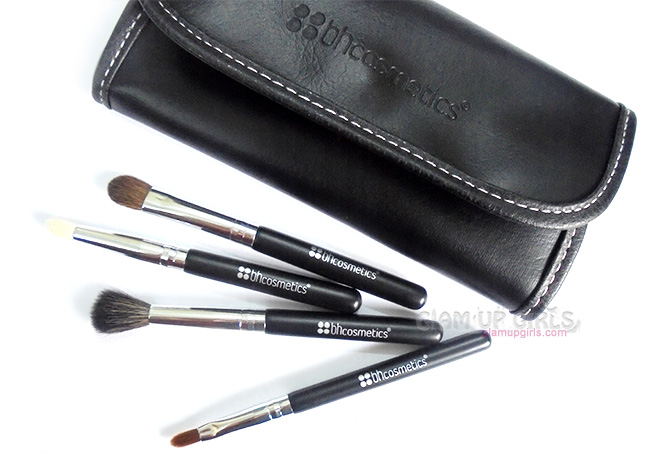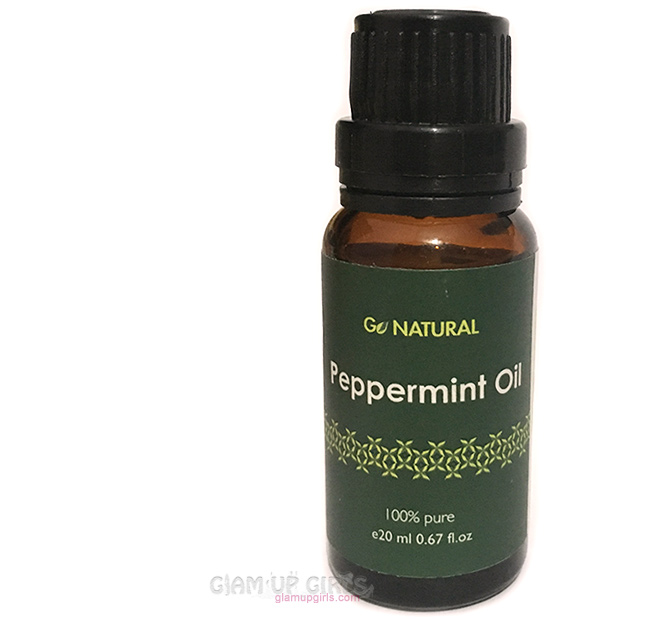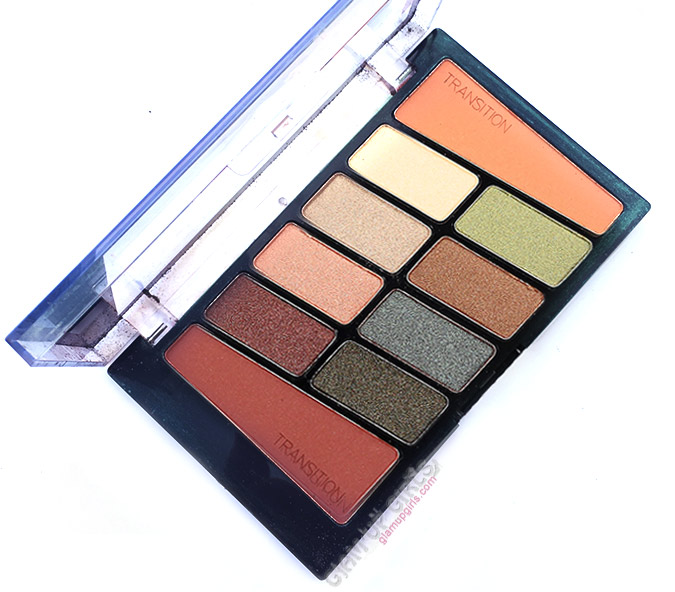Why Nursing Bras Are Essential for Postpartum Comfort
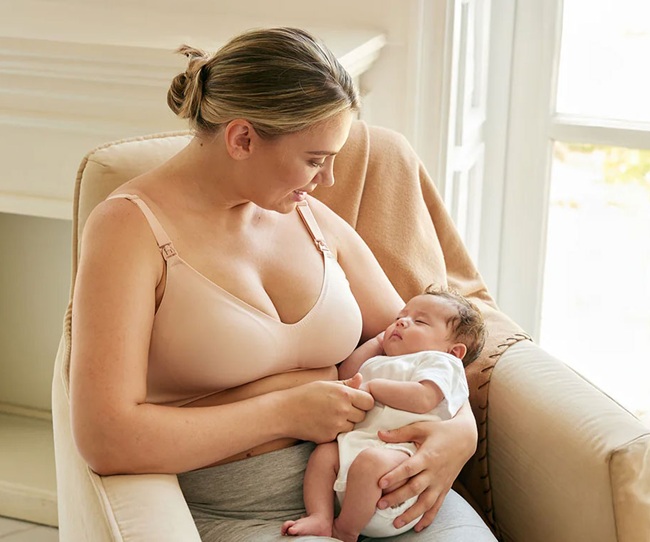
Enter nursing bras - an essential yet often overlooked component of postpartum comfort and successful breastfeeding. These specialized garments represent far more than a simple wardrobe addition; they're engineered specifically to address the dynamic needs of nursing mothers. With thoughtfully crafted features that prioritize both functionality and comfort, nursing bras offer innovative solutions to common postpartum challenges, from easy feeding access to adaptive sizing that accommodates natural breast changes.
Understanding Postpartum Breast Changes
During the postpartum period, mothers experience significant physiological changes in their breasts as the body adapts to produce and regulate milk supply. In the first few days after birth, breasts undergo engorgement as milk production begins, often increasing up to two cup sizes larger than during pregnancy. This initial phase gradually stabilizes, but breasts continue to fluctuate throughout the day, becoming fuller before feeds and softer afterward.
Regular bras prove inadequate during this dynamic period, often creating uncomfortable pressure points and restricted movement. Their rigid structure and fixed cup size fail to accommodate the natural expansion and contraction of breast tissue during feeding cycles. Traditional bras can also compress milk ducts, potentially leading to blocked ducts or mastitis, while underwires may cause additional discomfort to sensitive breast tissue.
These postpartum care challenges highlight why specialized support becomes crucial. The constant size variations, combined with increased sensitivity and the mechanical demands of frequent feeding sessions, create unique requirements that standard bras simply cannot address. Understanding these physical changes helps emphasize why proper postpartum breast support isn't just about comfort – it's essential for maternal health and successful breastfeeding.
Nursing Bras vs. Regular Bras: Key Differences
Nursing bras represent a significant advancement in postpartum comfort through their specialized design features that set them apart from conventional bras. The most notable distinction lies in their innovative drop-down cup mechanism, featuring easy-release clips that allow quick, one-handed access for feeding sessions. Unlike regular bras' fixed structure, nursing bras incorporate stretchy, flexible fabrics that adapt to size fluctuations throughout the day.
The structural engineering of nursing bras prioritizes both function and comfort with wider shoulder straps and reinforced bands that distribute weight more evenly. These thoughtful design elements prevent the uncomfortable digging and pressure points common with standard bras. Additionally, nursing bras typically feature extra hook-and-eye closures for enhanced adjustability, allowing mothers to modify the band size as their bodies transition postpartum.
Beyond structural differences, nursing bras minimize friction points through seamless cup construction and strategic placement of clips and closures. This attention to detail proves especially valuable during the sensitive postpartum period when regular bras' seams and rigid materials can cause discomfort or irritation. The result is a specialized garment that not only facilitates easier nursing access but also provides the adaptive support essential for postpartum recovery and comfort.
5 Essential Benefits of Nursing Bras
Enhanced Comfort for Extended Wear
Nursing bras prioritize all-day comfort through innovative design features like seamless construction and ultra-soft, breathable fabrics. The absence of harsh seams and restrictive elements prevents chafing and irritation on sensitive breast tissue. Leading brands like momcozy have pioneered designs that incorporate strategic reinforcement zones for support without compromising flexibility, making these bras ideal for extended wearing periods during the demanding early months of motherhood.
Accommodating Size Variability
The dynamic nature of breastfeeding requires adaptable support that traditional bras cannot provide. Nursing bras feature multiple rows of hook-and-eye closures and expandable cups with stretch panels that accommodate natural size fluctuations throughout the day. This flexible design ensures consistent comfort and support whether breasts are full before feeding or softer afterward.
Simplified Breastfeeding Access
Quick and discreet feeding access becomes effortless with nursing bras' innovative clip-down mechanisms. These thoughtfully designed clasps allow one-handed operation, enabling mothers to maintain privacy and comfort while nursing in various settings. The cups stay securely attached when unclipped, providing continued support during feeding sessions.
Hands-Free Pumping Integration
Many nursing bras incorporate dedicated openings or convertible panels that accommodate breast pump flanges. This integration enables efficient hands-free pumping sessions, allowing mothers to multitask while expressing milk. The specialized design maintains proper flange positioning while providing necessary support during pumping sessions.
Posture and Recovery Support
The increased breast weight during lactation can strain back muscles and affect posture. Nursing bras address this through wider shoulder straps and supportive band designs that distribute weight more evenly across the shoulders and back. This enhanced support system helps maintain proper posture and reduces physical strain during the recovery period, contributing to overall postpartum wellness.
Choosing the Right Nursing Bra: Step-by-Step Guide
Selecting the ideal nursing bra requires careful consideration of timing, materials, and functionality. Start your measurements around 36-38 weeks of pregnancy, when your breast size begins to stabilize. Take measurements both while standing and sitting to ensure accurate sizing, but remember to allow extra room for potential engorgement during the first weeks postpartum. A well-fitted nursing bra should feel snug on the loosest hook setting, allowing for size adjustments as your body changes.
Material selection plays a crucial role in daily comfort. Look for moisture-wicking fabrics like cotton blends or bamboo for everyday wear, especially during warmer months or night feeds. Consider getting both padded and non-padded options – padded styles offer discretion and leak protection during the day, while breathable, lightweight materials provide comfortable overnight support. The fabric should stretch horizontally for natural movement while maintaining vertical stability for proper support.
When evaluating styles, consider your daily routine and feeding patterns. Sleep bras feature crossover designs for easy nighttime access, while structured daytime bras provide enhanced support for active periods. Test the nursing clips before purchase – they should open and close smoothly with one hand while securely staying fastened during regular movement. Ensure straps adjust easily and the band sits parallel to the ground without riding up. Remember to check that the cup fabric folds down completely during feeding without compressing breast tissue.
Common Nursing Bra Mistakes to Avoid
While nursing bras offer invaluable support during the postpartum period, many new mothers inadvertently make choices that compromise their comfort and breastfeeding success. A common misstep is prioritizing decorative details over practical functionality, leading to uncomfortable underwires or lacy materials that irritate sensitive skin. Some mothers select bras based solely on pre-pregnancy size or style preferences, overlooking the crucial need for adjustability during postpartum changes.
Another significant oversight is underestimating the number of nursing bras needed for effective rotation. With frequent milk leakage and the need for regular washing, having only one or two bras proves insufficient for maintaining proper hygiene and comfort. This shortage often leads to wearing damp or soiled bras, potentially increasing the risk of infections or skin irritation.
Perhaps the most critical mistake is delaying nursing bra purchases until after delivery. This last-minute approach leaves mothers struggling with ill-fitting regular bras during the crucial early days of breastfeeding when comfort and proper support are most essential. Starting the postpartum journey without appropriate breast support can impact milk production, feeding efficiency, and overall maternal well-being.
Essential Support for Your Breastfeeding Journey
Nursing bras represent far more than a simple wardrobe addition for new mothers – they are fundamental tools that directly impact postpartum comfort and breastfeeding success. These specialized garments address the unique physical demands of early motherhood through thoughtful engineering that anticipates and accommodates the body's natural changes. From preventing potential complications like blocked ducts to enabling efficient feeding sessions, nursing bras prove indispensable for maternal wellbeing.
The strategic features of nursing bras – from adaptive sizing to hands-free pumping compatibility – work together to create a supportive foundation for the breastfeeding journey. By investing in properly fitted nursing bras before delivery, mothers equip themselves with essential tools that enhance both physical comfort and practical functionality during the demanding postpartum period. This proactive approach to postpartum care empowers women to focus on bonding with their newborns rather than struggling with inadequate support garments.

Best Vitamins for Women For Healthy Lifestyle
I have been diagnosed with autoimmune and was about to live my life on medicines but instead i ch...

3 Tips for Staying Motivated to Work Out
We're getting to that part of the year when people start getting ready to commit to a fitness pro...

How Surrogacy Speeds Up Your Journey to Parenthood
Are you tired of the seemingly endless waiting game on adoption wait-lists?

Choosing Supplements to Stay Productive at Work
Hemp plant is an incredibly diverse product, with hundreds of minor Cannabinoids and compounds.
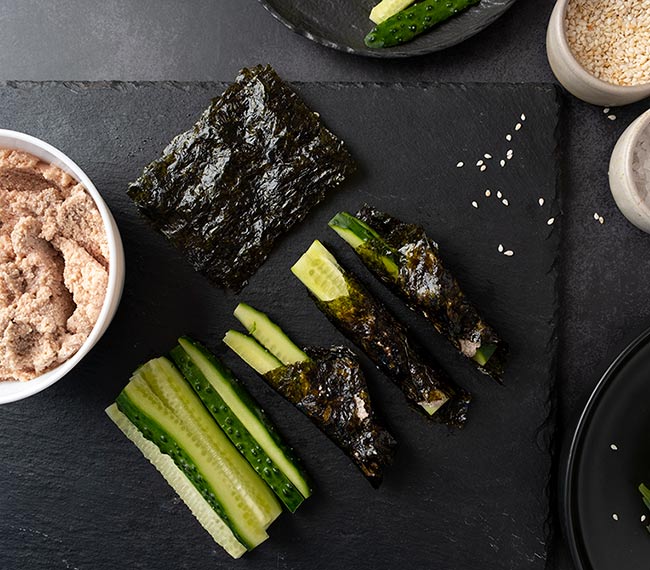
5 Quick and Easy Seaweed Snack Recipes That Will Blow Your Mind
Seaweed is packed with essential minerals and vitamins, making it a nutrient-rich ingredient that...
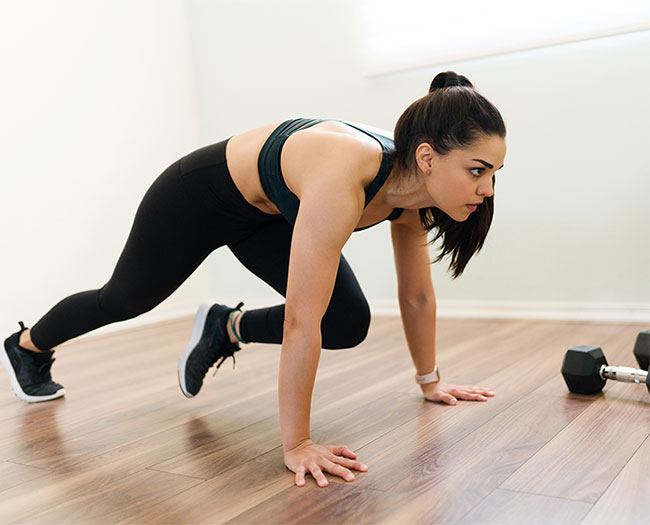
Unleash Your Potential with High-Intensity Interval Training (HIIT)
Whether you're a seasoned athlete or a fitness novice, HIIT offers a dynamic approach to working ...
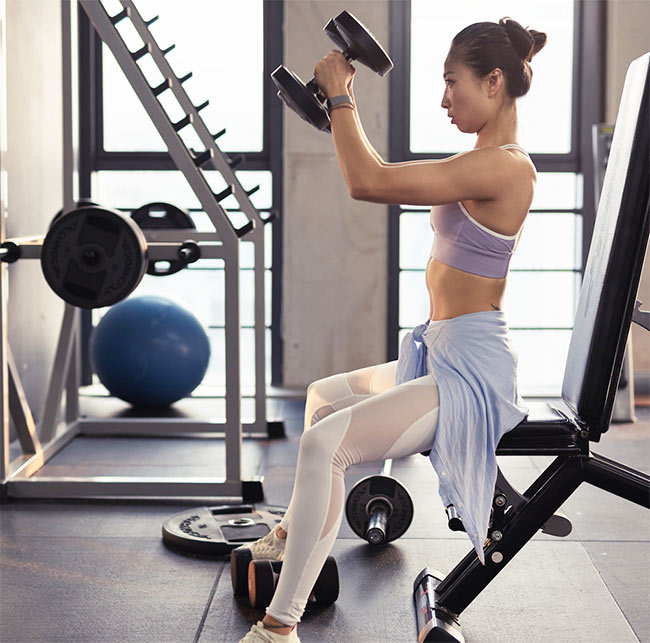
13 Effective Workout Routines for Busy Professionals
In the fast-paced world of busy professionals, finding time for a regular workout routine can see...

Snoring in Pregnancy – Is It Safe and How to Prevent It?
Now that you are expecting a baby and that beautiful tiny creature is coming in nine months. You ...

Herbal Tea Blends for a Peaceful and Restful Sleep
A soothing cup of herbal tea can help you unwind and prepare for a restful night's sleep. Herbal ...

Importance and Tips to Maintain Intimate Hygiene During Periods
Women undergo a natural and inevitable process known as menstruation, or periods, which is a cruc...

Healthy Pre-Workout Snacks for Sustained Energy
Pre-workout nutrition plays a vital role in powering your exercise routine and optimizing your pe...

Genetics Vs. Lifestyle - Which Factors Effect Skin Look?
As per the medical science reports, it has been said that the overall physical appearance of a pe...

12 Tips to Look Healthy and Beautiful Without Makeup
Not that i don't like wearing makeup because this blog was started for all the love of makeup but...

The Importance of Flossing and How to Master the Technique
Maintaining good oral health is vital for overall well-being, and flossing plays a crucial role i...

Different Types of Incense and Their Effect on Mind, Body and Enviroment
Incense comes in various types, each derived from different plant materials, resins, and essentia...

8 Best Exercises for Healthy and Beautiful Eyes
Healthy and well-maintained eyes can boost self-confidence and self-esteem. When our eyes look an...

10 Delicious and Nutritious High Protein Snacks
When it comes to maintaining a healthy and balanced diet, incorporating high protein snacks can b...

Natural Facelift: Transform Your Skin with Face Yoga
In a world where various anti-aging treatments and cosmetic procedures are prevalent, there is a ...
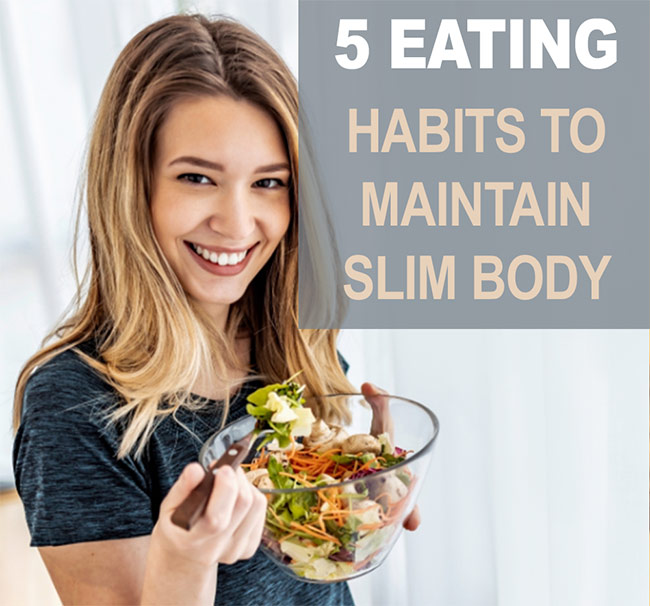
5 Eating Habits to Maintain a Slim Body
Achieving and maintaining a slim body is not just about restrictive diets or quick fixes. It requ...
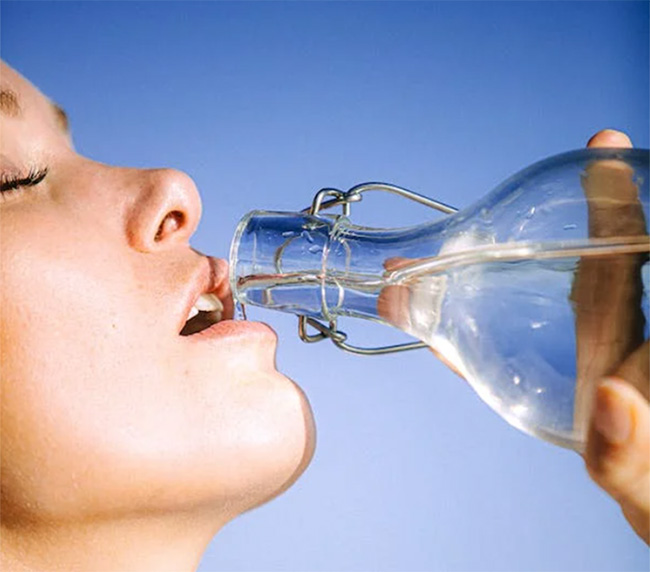
How Much Water Do You Really Need to Drink in a Day?
Water is an essential component of our bodies, playing a vital role in maintaining overall health...


